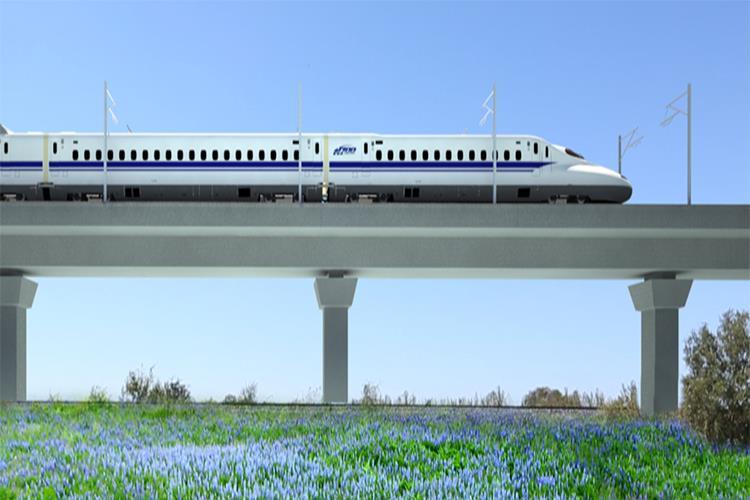Texas Central, developers of the high-speed train between North Texas and Houston, announced an agreement today with Bechtel to work together on project management services.
Bechtel has completed more than 300 major train and subway projects, including the Channel Tunnel High Speed 1, Crossrail in London, Riyadh Metro and Dulles Corridor Metrorail in the Washington, D.C., area.
Bechtel will support Texas Central in managing the Texas Bullet Train project as it moves from development to implementation.
The announcement is the latest significant step forward for the innovative, investor-led project – a 200 mph train that will connect the state’s largest cities in 90 minutes, with a midway stop in the Brazos Valley.
Bechtel, a U.S.-based company with an office in Houston and about 2,000 employees in Texas, has global expertise in managing and constructing high-speed train infrastructure. The organization has delivered complex, heavy civil projects for more than 100 years.
The partnership comes after Texas Central selected Fluor Enterprises and The Lane Construction Corporation to perform pre-construction planning with engineering support from WSP, a leading engineering and professional services consultancy . All have global expertise in construction projects, infrastructure planning and international rail development.
Texas Central, Fluor, Lane and WSP are refining and updating construction planning and sequencing, scheduling and cost estimates and other design and engineering activities. That’s being guided by the Federal Railroad Administration’s recently released Draft Environmental Impact Statement (DEIS) on the project.
Teams of technical experts continue working on the project every day as the environmental assessments, engineering, design and other work enters a new phase.
The DEIS for the first time outlined a single, preferred route between North Texas and Houston, identified passenger station locations and recognized the train system’s low-impact design and construction principles.
It cited many factors in support of the project, saying the train would “alleviate the strain” on Texas’ infrastructure and “is needed to accommodate growing demand.”
The FRA will complete a final environmental review that will help determine the project’s timeline and route before construction begins. To view the Draft Environmental Impact Statement (DEIS) please visit https://www.fra.dot.gov/Page/P1078
Source: TexasCentral

